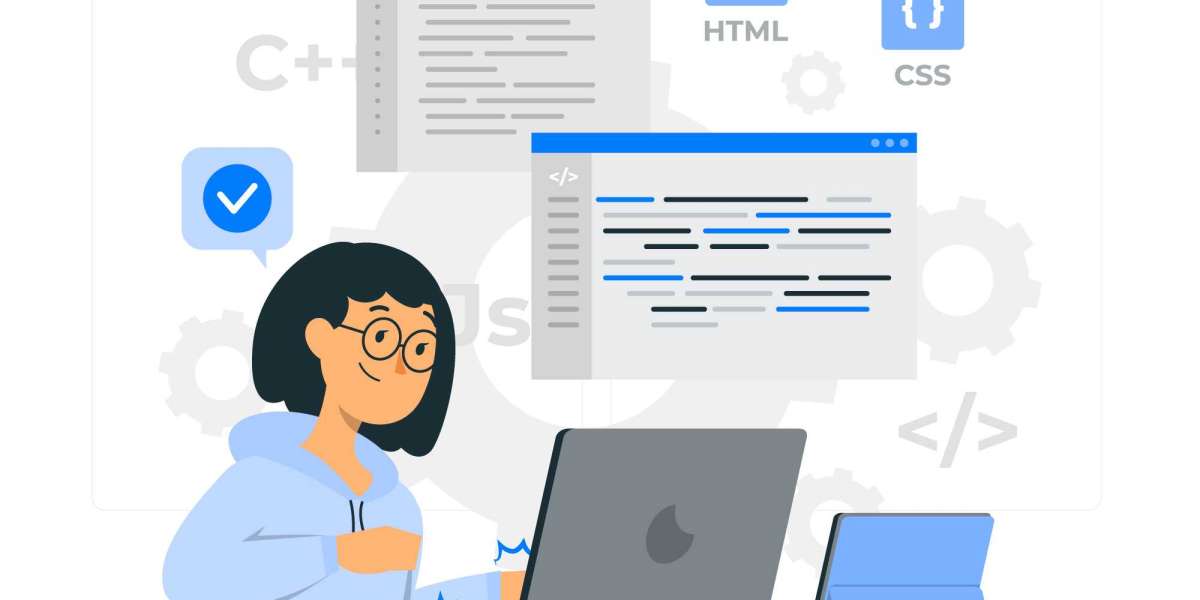Web development has evolved into a complex process, demanding efficient tools and frameworks to create dynamic and feature-rich applications. Java, with its robust ecosystem and versatility, offers a plethora of frameworks that cater to diverse needs in web development. In this guide, we will explore some of the best Java development services frameworks that empower developers to build cutting-edge web applications.
1. Spring Framework:
Undoubtedly one of the most popular Java frameworks, Spring provides a comprehensive ecosystem for building web applications. It offers features such as dependency injection, aspect-oriented programming, and robust security. Spring Boot simplifies application setup and deployment, while Spring MVC facilitates the creation of RESTful APIs and web applications.
2. JavaServer Faces (JSF):
Developed by Oracle, JSF is a component-based framework for building web user interfaces. It allows developers to create reusable UI components and handle events easily. JSF integrates seamlessly with other Java EE technologies and supports various libraries, making it a suitable choice for building scalable and interactive web applications.
3. Struts:
Apache Struts is a proven framework that adheres to the Model-View-Controller (MVC) architecture. It simplifies complex application structures, enhancing code organization and maintainability. Struts facilitates efficient form handling, validation, and localization. Its robust features, combined with easy integration with Java technologies, make it an ideal choice for building scalable web projects.
4. Play Framework:
Play is known for its simplicity and productivity. It embraces a reactive programming model, enabling the creation of scalable and responsive applications. Play offers features like hot reloading, which speeds up the development process, and its RESTful support makes it an excellent choice for building modern APIs.
5. Vaadin:
Vaadin is a Java framework that focuses on creating rich, single-page web applications with minimal client-side code. It provides a set of UI components and allows developers to build interfaces using Java instead of HTML or JavaScript. Vaadin's server-side approach simplifies UI development and ensures a consistent user experience across devices.
6. Grails:
Built on the Groovy programming language, Grails is a dynamic web application framework that embraces the Convention over Configuration (CoC) principle. It offers seamless integration with popular libraries and tools, reducing boilerplate code and accelerating development. Grails supports the creation of RESTful APIs, making it suitable for building modern web services.
7. Spark Framework:
Spark is a lightweight microframework that aims to simplify web application development. It provides the essentials for building web applications without the complexity of larger frameworks. Spark supports Java 8 features, making it a concise choice for developers looking to quickly prototype and build small to medium-sized web applications.
8. Dropwizard:
Dropwizard is a Java framework designed for building high-performance, RESTful web services. It integrates various libraries and tools to handle different aspects of application development, such as metrics, logging, and configuration. Dropwizard's opinionated approach simplifies the development of production-ready applications, making it suitable for microservices architecture.
9. Wicket:
Apache Wicket is a component-based web framework that promotes the use of Java objects for building web pages. It focuses on creating reusable components, which leads to clean and maintainable code. Wicket's model-driven approach allows developers to separate business logic from presentation, enhancing collaboration and code quality.
10. JHipster:
JHipster combines Spring Boot, Angular, and other modern technologies to provide a platform for generating and developing Java-based web applications. It automates the setup of the development environment, database configurations, and more, allowing developers to quickly start building and deploying applications with the latest tools and practices.
Conclusion
Java offers a diverse range of frameworks that cater to different aspects of web development and Java application development services. From the comprehensive Spring ecosystem to the simplicity of Spark and the reactive nature of Play, developers have a wealth of options to choose from based on their project requirements and development preferences. Whether you're building a complex enterprise application or a lightweight microservice, there's a Java framework that can streamline your development process and empower you to create exceptional web applications.








